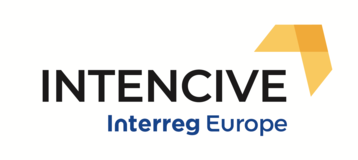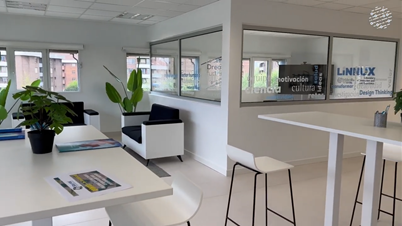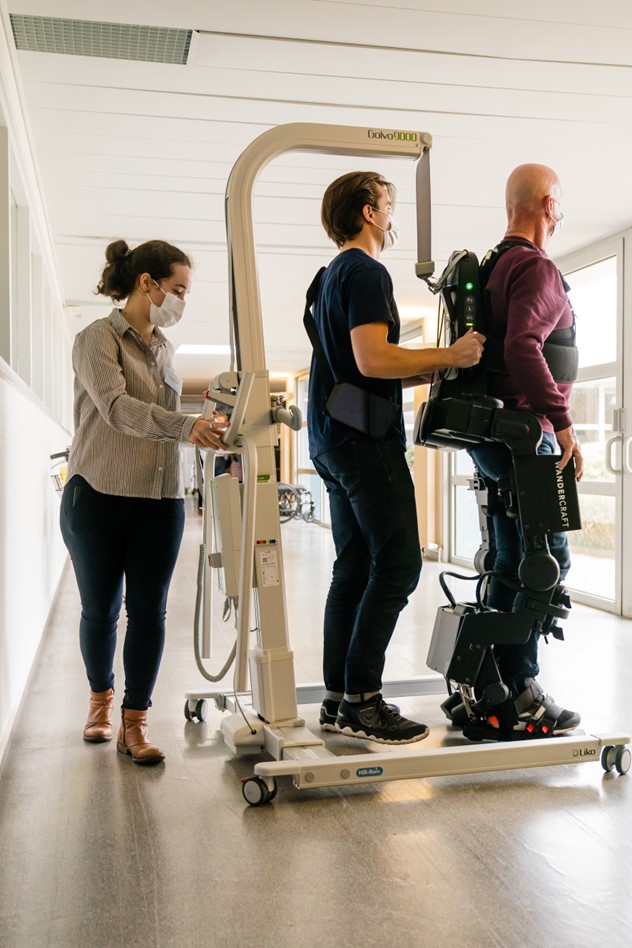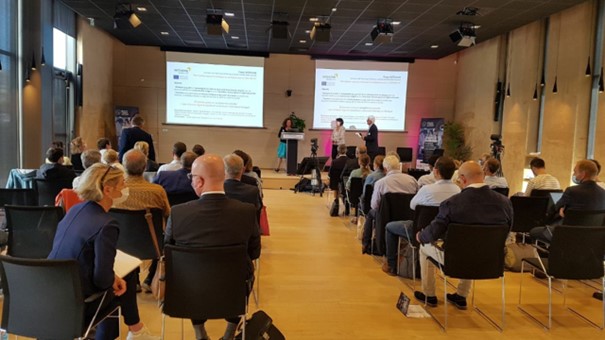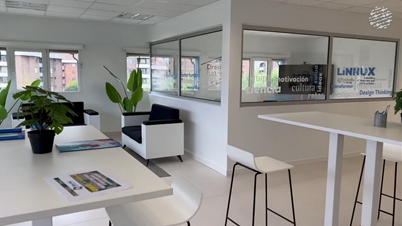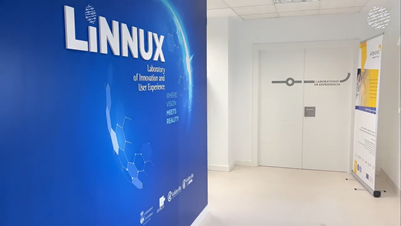The online study visit was attended by the INTENCIVE partner countries and some members of the regional stakeholder working groups. In total, three (3) good practices covering the local experience in e-health were presented over four (4) different talks.
Presentation of Good Practice – Pharmacy Of Your Choice
Presented by Ms. Celia Falzon, CEO, Mater Dei Hospital
Pharmacy of your choice is a model that improves health services to all citizens. Medicine is provided free of charge through this scheme to subscribed citizens. 33% of local population are subscribed whilst 33% of subscribed citizens are 70 and over. 220 community pharmacies are involved in this scheme. Furthermore, citizens over the age of 70 can benefit from free delivery of medicines to their residence. The scheme witnessed growth during the COVID-19 pandemic with a lot of citizens opting for home deliveries. Future user-friendly enhancements will provide high quality health services easily accessible to all citizens and provide more benefits for those in rural and remote areas.
Presentation of Good Practice – Personal Health Portal (myHealth)
Presented by Mr. Nicholas Galea, Senior Solutions Architect, MITA
A demonstration of the user-friendly and easy to use portal showing the patient and doctor views was provided during the online study visit. The vast range of features (e.g. Laboratory results, radiology reports, electronic case summaries and immunisation history, upcoming appointments, SMS & Email notifications) are very important especially for the ageing population living in rural and remote areas since these will be easily available online. The myHealth portal was and is essential during the COVID-19 pandemic since Swab results are easily and immediately available online.
This portal is constantly upgraded and updated to provide high quality health services to all citizens despite their age and place of living.
Vulnerable in control
Presented by Prof Charmaine Gauci, Superintendent of Public Health, Ministry for Health
The elderly and people with medical conditions are the most vulnerable during the COVID-19 pandemic. The impacts of COVID-19 revolve around the economic well-being, mental health, and abuse and neglect of the elderly. The need to ensure and maintain access to online healthcare and essential services whilst preventing exposure to COVID-19 was and is crucial in the protection of the vulnerable.
ICT tools proved useful for the analysis and data management during the COVID-19 pandemic. Furthermore, research into ICT tools for contact tracing is being carried out.
Pervasive Electronic Monitoring in Healthcare with a focus on prevention and the elderly (also good practice)
Presented by Dr. Conrad Attard, Deputy Dean, ICT Faculty, University of Malta
The aim of this research project is to increase the quality of life of People with Dementia by assisting them in their daily life activities as well as enabling their social engagement with other persons that include care-givers, family members as well as other members within their community. Learning is done through research, organizing several focus groups, controlled experiments and developing prototypes. By using an ageing simulation suit and wearable devices, participants are allowed to experience both technology and what it feels to be old and with dementia. The project will build a large dataset that will allow researchers to improve the way we recognise human activities of People with Dementia and learn about technology.
Further information:
